All clients joining the Anew Community will spend their first five (5) days in orientation at our clinical residential home. During this time of settling in, the client and family will attend a variety of meetings designed to gather information needed to establish the initial treatment plan and determine the most suitable level of care. Please click below for a detailed list of the orientation program components.
For clients entering our Transitional Residential Support program, this is considered the building and discovery stage of treatment where clients build upon the stability and safety created at earlier stages of care and develop a blueprint for integrated life management and independence. Clients reside in apartments or houses in the local community with other program peers at the same level of care with scheduled staff support. Clinical programming takes place offsite at the Anew Campus.
Having established a level of stability and self-management that no longer necessitates significant daily staff support, individual care plans shift to longer-term individual and family goals related to emotional growth, healthy relationships, and developing a variety of skill sets to achieve personal, social, educational, and vocational aspirations. Emphasis is placed on increasing personal agency for the management of daily living activities (medical, psychiatric, nutrition, time and money management, personal responsibilities, etc.) Active participation with community peers, cooperative living, and shared responsibility are considered vital parts of the therapeutic process of change and growth.
Clinical services are held at the Anew Campus Monday through Friday. Initially, clients take part in 3-5 hours of programming per day consisting of group, individual, family psychotherapy sessions, psychiatry appointments, and academic/vocational support sessions. As the client progresses, services gradually transition to 3 hours/day 3 days/week.
This stage of care also includes establishing a readiness plan for transitioning to our next level of care: Community Transition Curriculum. Some of the indicators assessed to determine readiness include independent practicing of self- and life-management skills, increased insight and self-awareness of patterns, well-established plans for maintaining stability, active social engagement, and increased whole-family functioning.

Let’s Grow Together